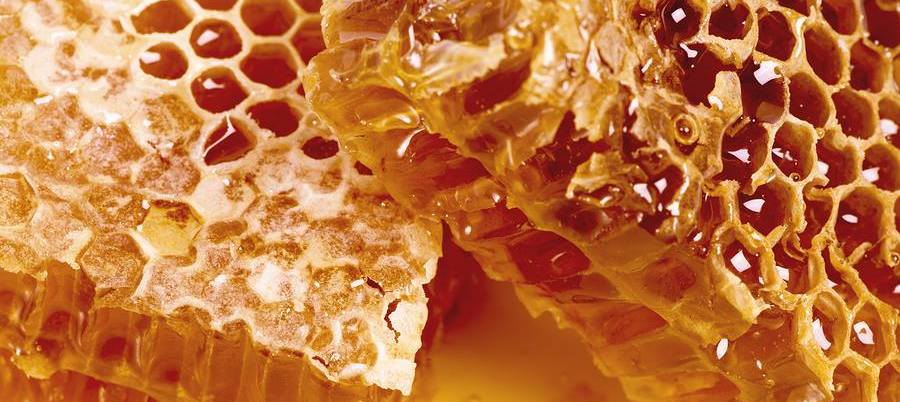Asian Hornet
Posted on 22nd September 2016 at 11:15
If wasps have no friends then the Asian Hornet is even less welcome. The Asian Hornet has been making its way through Europe from Bordeaux where it was first found in 2004. A native of Asia, as its name suggests, it is thought to have hitchhiked a ride in a consignment of pottery from China. Since landing it has made its home in Europe and began increasing it range.
The Asian Hornet - Vespa velutina
If wasps have no friends then the Asian Hornet is even less welcome. The Asian Hornet has been making its way through Europe from Bordeaux where it was first found in 2004. A native of Asia, as its name suggests, it is thought to have hitchhiked a ride in a consignment of pottery from China. Since landing it has made its home in Europe and began increasing it range. There has been a sighting of the Asian Hornet near Tetbury, Gloustershire in September 2016. The National Bee Unit (NBU), a division of The Department for Environment, Food and Rural Affairs (Defra) has set up a three-mile (5km) surveillance zone. Defra said it had been anticipating the hornets' arrival "for some years" and had a "well-established protocol in place to eradicate them".
"Nicola Spence, from Defra, said: "It is important to remember they pose no greater risk to human health than a bee, though we recognise the damage they can cause to honey bee colonies.
"That's why we are taking swift and robust action to identify and destroy any nests."
A Defra spokesman said, the hornet found in the Tetbury area had been killed and was undergoing DNA testing to establish how it arrived in the UK.
Meanwhile, bee inspectors are using infrared cameras and traps in a bid to locate and destroy any nests in a three-mile area radius around the initial sighting."
The Non-native Species Secretariat, a group which focuses on invasive species in Great Britain, has told people to send a photograph and location details of the hornet sighting to alertnonnative@ceh.ac.uk
So what does this blighter look like?
The Asian hornet is slightly smaller than our European hornet at 25mm (1 inch) for workers and 30mm (1 1/4 inch) for Queens. They are darker in overall colour than its European cousin with single yellow band on its dark body and brown eyes on its yellow-orange face. All hornets will fiercely defend their colonies so do not disturb their colony.


Why are they a threat?
The hornets hover outside the entrance to the bee hives (Its called Hawking) and as the bees fly out they catch the bee mid flight and kill them by biting off their heads. The bee carcass is then carried off to the nest to feed the young hornets. Wasps and Hornets are omnivorous which means a honeybee hive offers a great deal of high value food, it is not just the bees but the larvae and honey too. A single scout hornet, sometimes two or three, locate and cautiously approach the hive, producing pheromones to lead its nest-mates to the hive. The hornets can devastate a colony of honey bees; a single hornet can kill as many as 40 honey bees per minute due to its large mandibles, which can quickly strike and decapitate a bee. The honeybee stings are ineffective because the hornets are five times the size and too heavily armoured. When enough bees are dead they invade through the entrance of the hive and take the honey and larvae.
European Hornets and Wasps do much the same except that they are much less aggressive in the attack on the bee colony. Only a few Asian hornets (under 50) can exterminate a colony of tens of thousands of bees in a few hours. The hornets can fly up to 100 km (60 mi) in a single day, at speeds up to 40 km/h (25 mph).
Honeybee populations are swiftly declining across the UK due to various reasons such as loss of habitat, pollution and parasitic mites causing diseases, the arrival of this potential nemesis won't help.
The Non-native Species Secretariat, a group which focuses on invasive species in Great Britain, has told people to send a photograph and location details of the hornet sighting to alertnonnative@ceh.ac.uk
Share this post:







